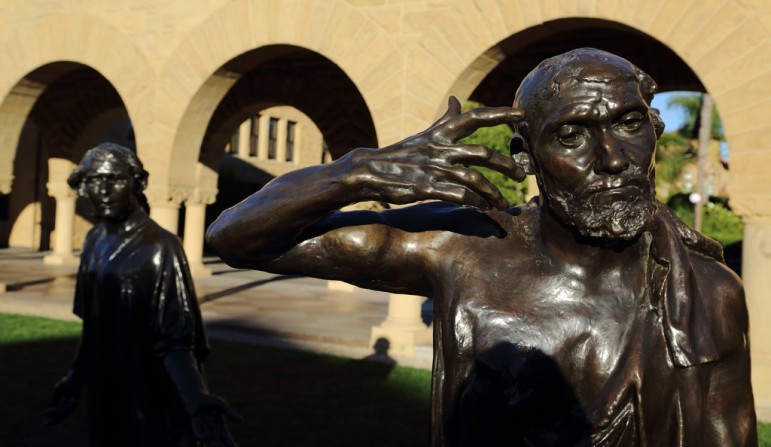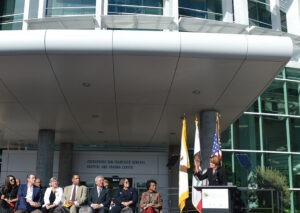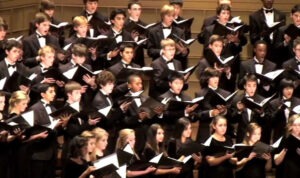
November 3, 2015; Michigan Radio
During and immediately after the recession, the newswires were abuzz with conflicts between classical music organizations and the unions that represented their musicians and other workers. Some of those conflicts played out in public, complete with standoffs, walk-outs, lockouts, and the organizing of stakeholders to support one side or another. In the midst of all of that, doomsayers were intoning the deaths of opera, of large symphonies, etc., but now such stories are fewer and further between.
Still, the situation at the Grand Rapids Symphony echoes some of these themes, in that it is still trying to come to a contract agreement with the musicians’ union. Some may remember the six-month strike at the nearby Detroit Symphony Orchestra in 2011, which ended with musicians agreeing to a 23 percent pay cut.
In commenting on the situation, Bruce Ridge, chair of the International Conference of Symphony and Opera Musicians, says it’s time to see the whole picture, which did indeed include a lot of cuts and restructuring—but also a lot of bounceback.
Sign up for our free newsletters
Subscribe to NPQ's newsletters to have our top stories delivered directly to your inbox.
By signing up, you agree to our privacy policy and terms of use, and to receive messages from NPQ and our partners.
“The true story to be told is how resilient our orchestras have been. We’ve emerged from the recession with tremendous growth in many places,” he says, pointing to the fact that the latest Giving USA report shows donations to the arts reached an all-time high of $17.2 billion in 2014 and that giving in arts and culture that year grew more quickly than in any other field at 9.2 percent.
“I think sometimes the negative perception can be a bit of a self-fulfilling prophecy,” he says. “Cutting back is a disincentive for people who are looking for new organizations to give to, to invest in. We know that what’s really needed is investment.”
Indeed, he says, Grand Rapids is third in the nation for economic growth, and if it knows what is good for it, it will go out of its way to retain its signature arts institutions as attractors to that community.
“This is a time for tremendous investment. […] The greater the investment for these orchestras and for these musicians, the greater the return for the community.”—Ruth McCambridge












